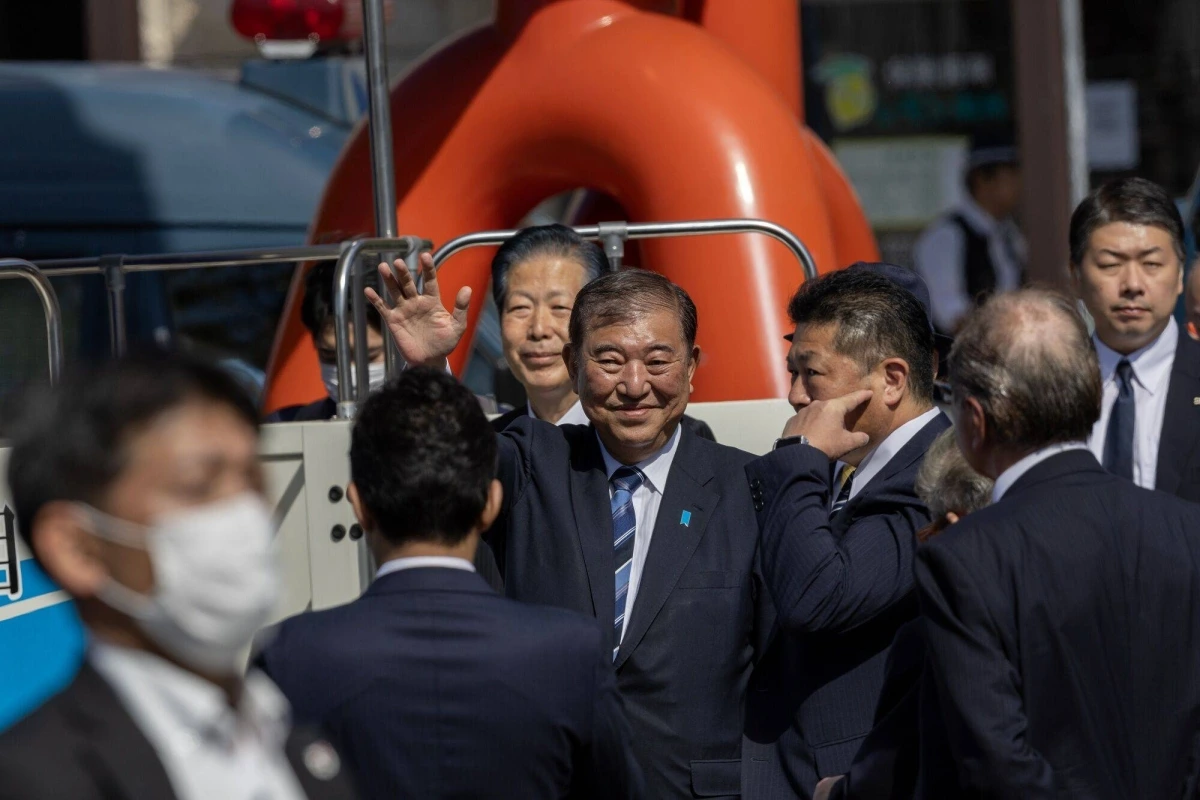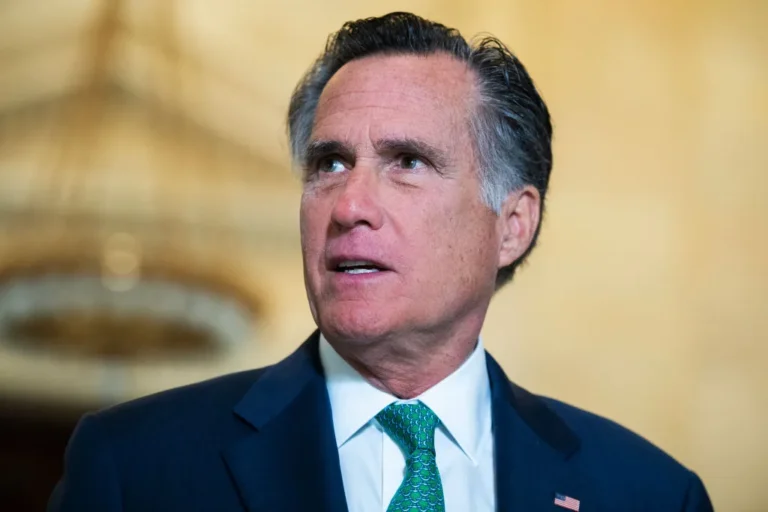Japan Faces Political Upheaval as Liberal Democratic Party Loses Majority for First Time in 15 Years,The recent Japanese elections have ushered in a period of political uncertainty, with Prime Minister Shigeru Ishiba’s Liberal Democratic Party (LDP) losing its majority for the first time in 15 years. This development has sent shockwaves through Japan’s political landscape, raising questions about the next government’s makeup as Japan grapples with economic challenges.
Japanese elections are usually low-key, but the snap elections called by Prime Minister Ishiba on October 27 have sparked a seismic shift. The ruling LDP, which has dominated Japanese politics for decades, lost its longstanding majority. The LDP won only 191 seats in the 456-member lower house, while its coalition partner Komeito won 24 seats, bringing their total to 215. This falls short of Ishiba’s goal of 233 seats, and is a significant drop from the 259 seats the LDP held in 2021.
As the LDP grapples with this significant defeat, the main opposition party, the Constitutional Democratic Party of Japan (CDPJ), has emerged as the biggest winner, securing 148 seats—up from 98—though still short of a majority.
LDP’s Worst Result in 15 Years
The LDP’s defeat in Sunday’s election marks its worst result since 2009 when it lost power to the Democratic Party of Japan (DPJ). The DPJ’s term was marred by policy challenges and a poorly managed response to the 2011 Fukushima disaster, allowing the LDP, under Shinzo Abe, to return to power in 2012. However, this year’s results reflect a significant public shift away from the LDP’s leadership under Ishiba.
At LDP headquarters, the mood was somber as key ministers faced the possibility of losing their seats. Prime Minister Ishiba acknowledged the public’s dissatisfaction, saying, “Voters have handed us a harsh verdict, and we have to humbly accept this result.”
Factors Behind LDP’s Decline
The LDP’s decline didn’t come as a complete surprise, as its popularity has waned over recent years. Scandals have taken a toll on public trust, notably the slush fund scandal of 2023, in which LDP lawmakers were reported to have diverted profits from ticket sales into unreported funds. This scandal ultimately led former Prime Minister Fumio Kishida to step down in October, clearing the way for Ishiba.
Although Ishiba initially enjoyed positive ratings, fresh allegations of party misconduct surfaced just days before the vote, further hurting the LDP’s reputation. Additionally, Japan’s economic woes, including inflation, high living costs, stagnant wages, and sluggish growth, have contributed to voter dissatisfaction.
What’s Next for the LDP and Japan
Following the election results, Japan’s yen fell against the U.S. dollar, signaling economic concerns over the country’s uncertain political future. Prime Minister Ishiba now faces a complex dilemma: to maintain power, the LDP will likely need to form a coalition with parties it previously opposed, which may lead to political instability.
Potential coalition partners include the Democratic Party for the People (DPP), which won 27 seats, and the Japan Innovation Party (JIP), which won 35 seats. However, both parties have expressed hesitancy to align with the LDP. JIP leader Nobuyuki Baba dismissed the idea of an alliance due to the LDP’s recent scandals, while DPP leader Yuichiro Tamaki suggested a “partial coalition” might be possible under certain conditions.
Analysts warn of a prolonged period of uncertainty as parties negotiate potential alliances. David Roche, a strategist at Quantum Strategy, described Ishiba as a “dead man walking,” predicting that even if the LDP clings to power, it will be significantly weakened.
On the other hand, the CDPJ is exploring possibilities for forming a government. CDPJ leader Yoshihiko Noda expressed optimism, stating, “Our goal was to break the ruling party’s majority, and we achieved it.” He emphasized that the CDPJ’s priority is to end the LDP-Komeito administration and announced plans to engage in “sincere talks with various parties.”
Under Japan’s constitution, political parties now have 30 days to form a viable governing coalition. The coming days will be crucial as Japan navigates a political landscape marked by unsteadiness—a situation that could impact not only Japan’s internal stability but also its relations with neighboring countries and global allies.






